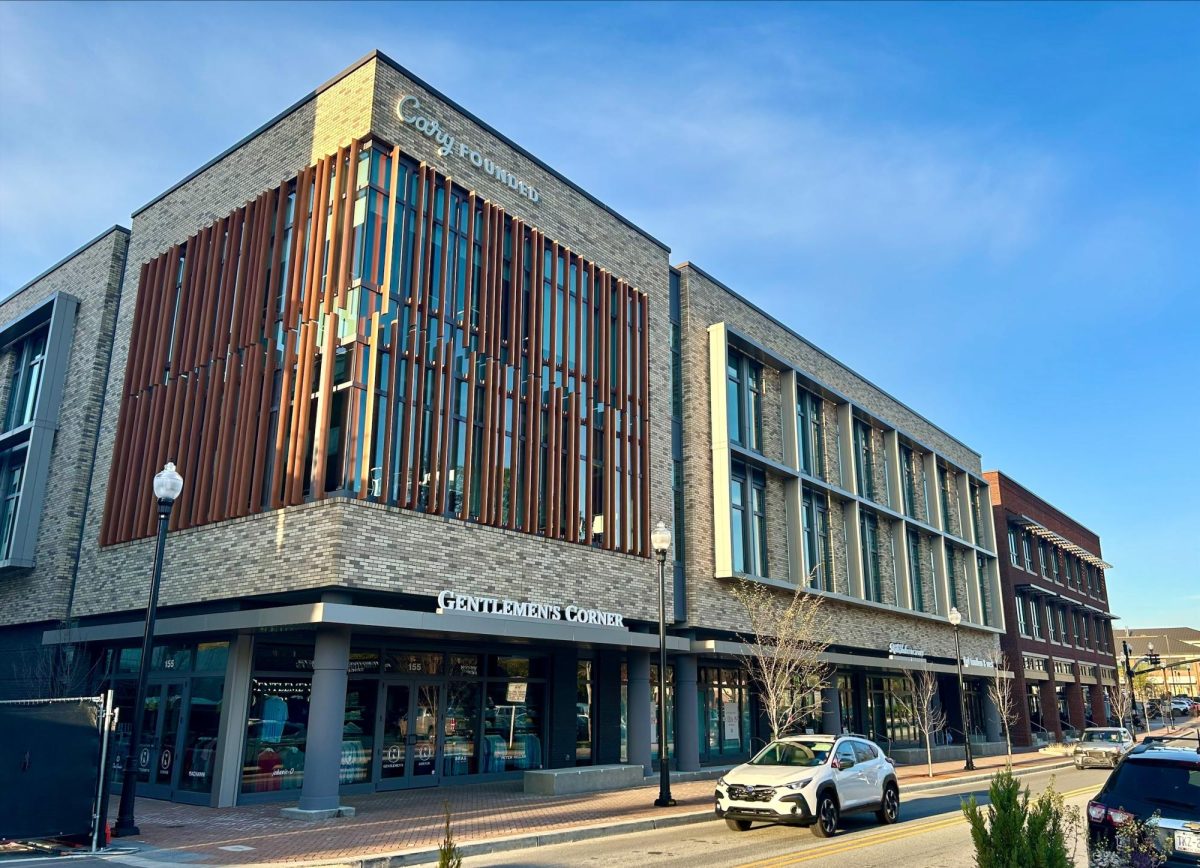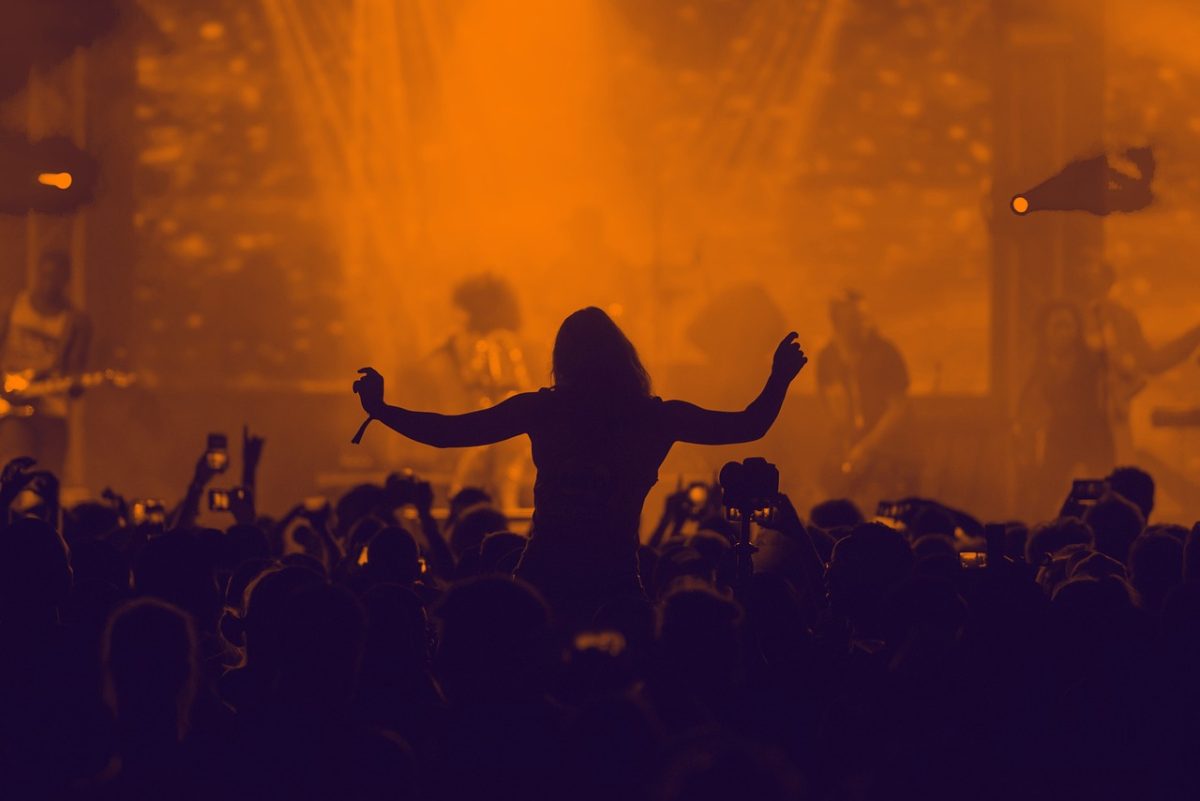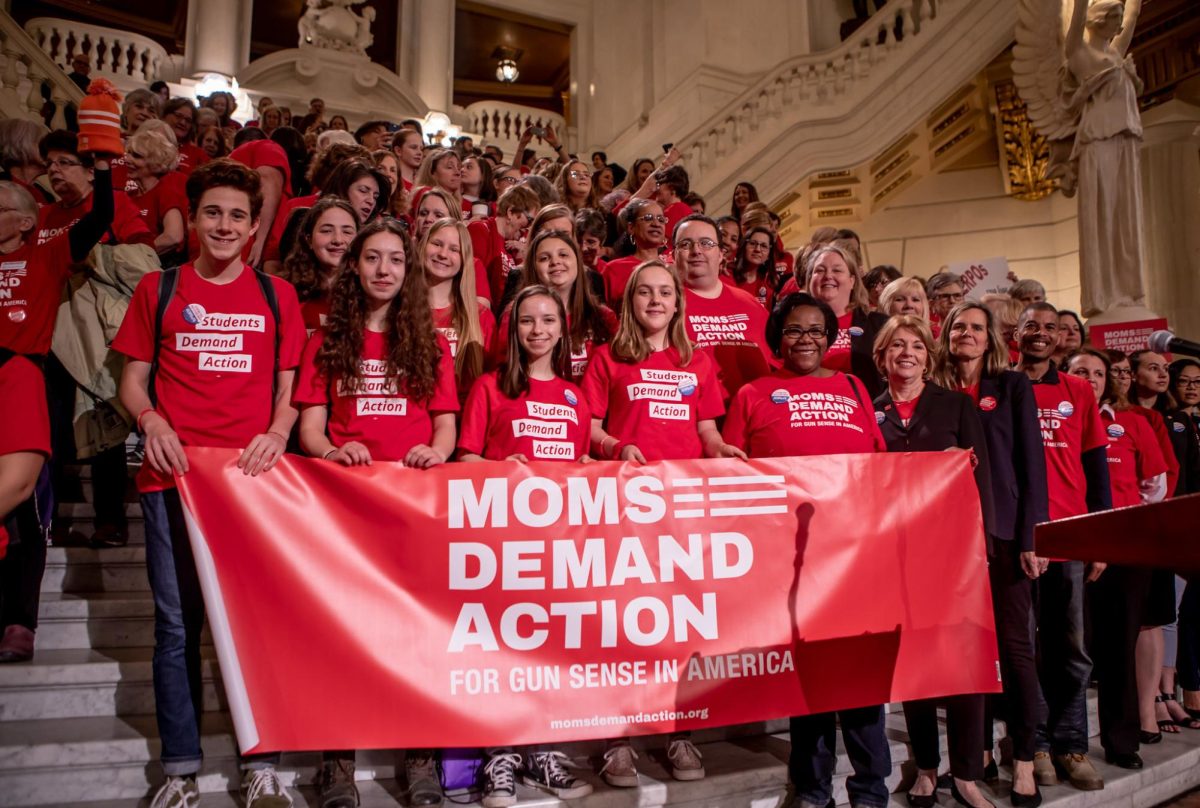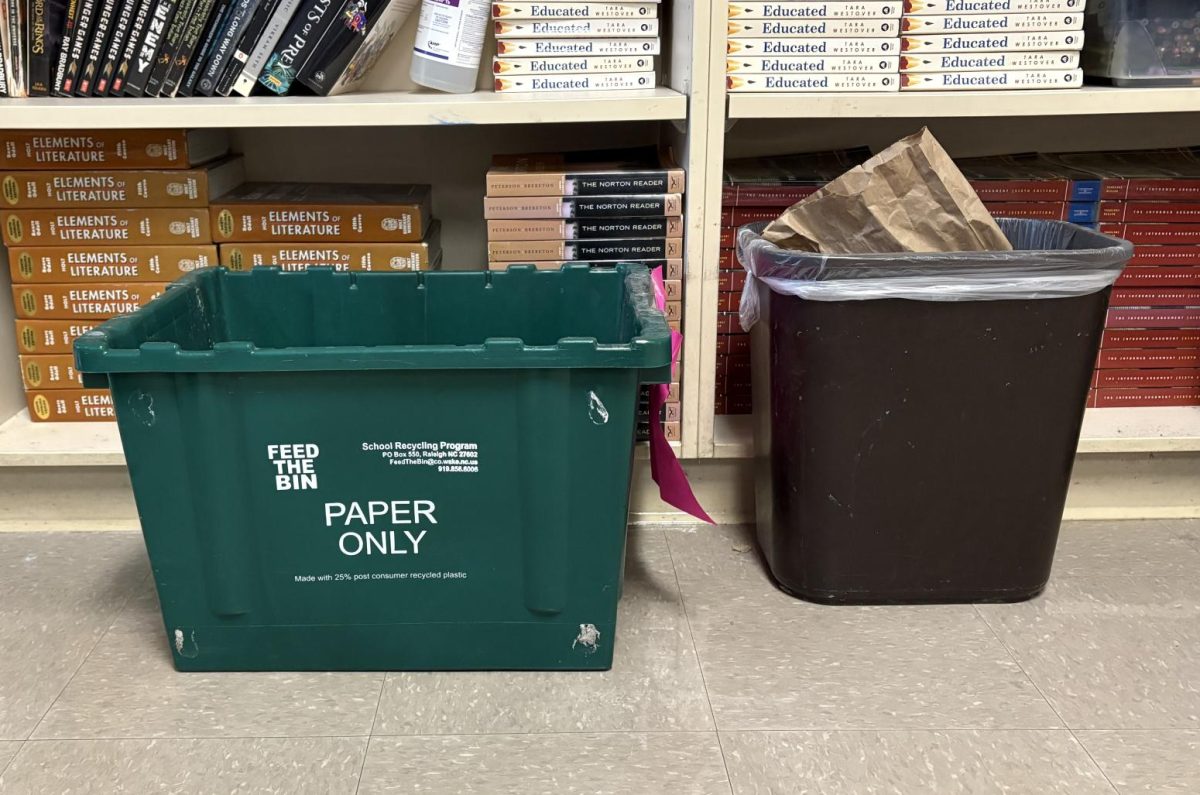On Jan. 30, 2020, the International Health Regulations Emergency Committee of the World Health Organization declared the outbreak of COVID-19 also known as the “Coronavirus” a “public health emergency of international concern.”
Early on, many of the patients at the epicenter of the outbreak in Wuhan, Hubei Province, China had some link to a large seafood and live animal market, suggesting animal-to-person spread. Later, a growing number of patients reportedly did not have exposure to animal markets, indicating person-to-person spread. Person-to-person spread was reported outside Hubei and in countries outside China, spreading to every continent bar Antarctica. With the number of infected approaching 90,000 and a death toll of around 3,000, it is easy to see why the media is in a frenzy to cover the story of a virus that has spread so quickly, to so many countries. Due to such media attention hysteria over the virus grew and so did anti-asian sentiment. Rampant ignorance and misinformation about the coronavirus has led to racist and xenophobic attacks against fellow Americans or anyone in the US who looks East Asian.
“With news of the coronavirus, we’ve seen an uptick in fear of people who look like this,” said Rosalind Chou, a sociology professor at Georgia State University. “Real people are affected.” Coronavirus anxiety has led to cases of people of asian descent being harassed and physically assaulted in public settings such as subways and stores.
One example of harassment depicts an 8-year-old boy along with his family shopping for groceries in Costco, the child had a facemask on and was turned away by one worker who feared he was from China and was “concerned” of getting infected. Another incident occurred with the director of Rome’s prestigious Santa Cecilia music conservatory, Roberto Giuliani, suspended the lessons of all students of East-Asian descent due to the epidemic, La Repubblica reported. Most of these students are second-generation Italian immigrants who have no relationship to the countries of origin, the newspaper said.
The hysteria over the virus hasn’t just had social effects but financial ones as well, particularly on chinese owned businesses. East asian restaurant owners are seeing dramatic decreases in customers ever since news of the epidemic broke.
Not only are these reactions a symptom of deep rooted problems within America but they are almost completely unfounded. In places like New York some shops are down 70-80% in usual customers due to fear despite the virus not even affecting New York. Many of these businesses have their livelihoods at risk due to these sentiments, as an advanced society capable of showing deeper empathy, we must do better.

facemasks are used to decrease risk of catching the coronavirus.






